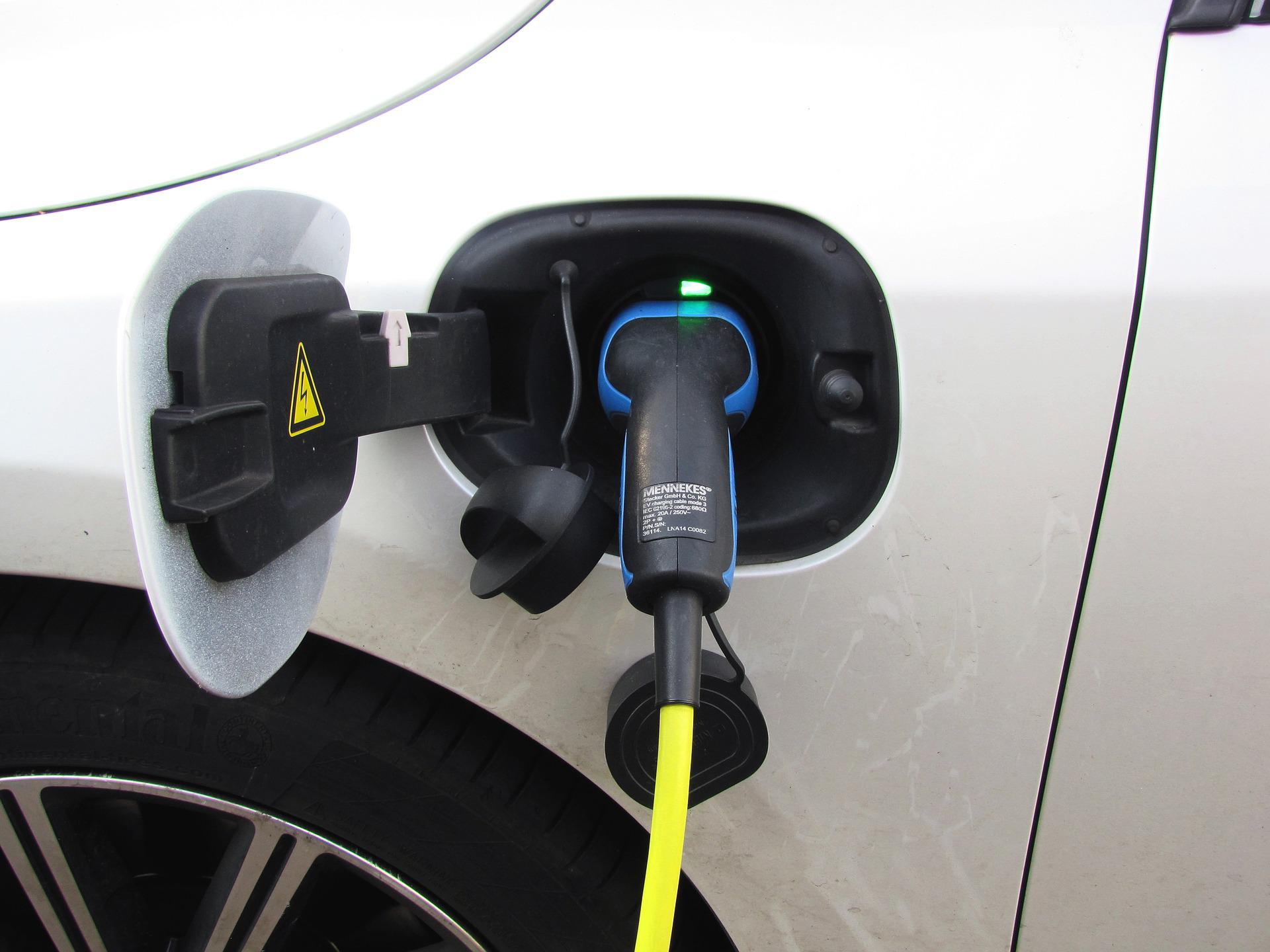The Court of Justice of the European Union will decide how to classify charging electric cars for VAT purposes
The electromobility industry is constantly growing in Poland. There are more and more electric cars, also the availability of charging points is still increasing. This trend brings some legal issues, also in terms of the VAT area.
As a rule, charging electric cars is considered a complex supply consisting of a supply of goods – electricity and a service consisting of access to the infrastructure dedicated to charging the cars. However, for several years, taxpayers still have doubts, about which supply is the principal one that should determine a tax treatment for VAT purposes i.e. place of the taxation, tax point etc. – in particular is it a supply of goods (electricity) or provision of services (access to charging point’s infrastructure).
Although the discussion on this topic has been taken for several years, it is more dynamic recently. The Anti-inflation package that was introduced in Poland decreases the VAT rate for the supply of electricity. In practice it means that operators of chargers who treat the electric vehicle charging as a supply of goods generally have decreased prices, while the others – classifying charging of electric cars as a provision of services for VAT purposes – still apply the standard VAT rate. It shows the uncertainty of the whole industry.
Supreme Administrative Court helped in this matter
The Court of Justice of the European Union will decide whether, for VAT purposes, the charging electric cars should be treated as a provision of a service or a supply of goods. A question for a preliminary ruling in this respect was recently submitted by the Polish Supreme Administrative Court[1].
What was the case about?
This case at hand concerns the Company, which was going to install and provide the infrastructure for charging electric vehicles free of charge. Depending on the client’s needs the Company provides access to the electricity, some technical support, a platform, website, or application enabling, inter alia, booking a charging point and making payments.
All the above activities were included in the price for charging. It means that buyers were not obliged to incur some extra costs e.g. for the technical support or booking a terminal.
Parties’ arguments
In the opinion of the Company, this transaction should be considered as a composite supply, in which the main element will be an access to the infrastructure enabling the charging of an electric vehicle (service). The Company argued, inter alia, that the main need of users is not buying electricity but the possibility to use advanced infrastructure which enables to charge cars faster, an alternative would be, for example, to use a standard electrical connection. It is worth indicating that this approach:
- was presented by the Polish Provincial Administrative Courts in the past;
- is consistent with the rules provided in the Act on electromobility and alternative fuels – the Act treats charging of electricity as a service, not as a supply of electricity.
The Tax Authority did not agreed with the position of the Company as it stated that the charging of the electric cars should be treated as a supply of goods. This approach is dominant in the individual tax rulings issued by the Head of the National Revenue Information[2]. It is worth to note that that this approach:
- is accepted by the Ministry of Finance, which is confirmed by an announcement published on the Ministry of Finance website;
- was presented in the guidelines of the EU VAT Committee of December 1, 2021.
Potential consequences of the CJEU judgment
First of all, after many years of discussions, there is a good chance that taxpayers will obtain an answer to the basic question: whether the transaction of charging electric vehicles should be treated as a supply of goods or a provision of services for the VAT purposes. The answer to this question is crucial in terms of VAT consequences such as a place of taxation, the moment of the tax point arising, and the VAT rate. These issues are crucial for all taxpayers in the supply chain, from operators of chargers for electric cars to intermediaries (including leasing companies), also acting through fuel cards and finally for users of electric cars.
What is more – since we already know that vehicle charging station operators do not apply a uniform approach, regardless of the position of the CJEU – certainly at least some of them and other participants in the chain will have to re-examine their approach, as well as revise past tax settlements. If the CJEU states that described transaction should be treated as a supply of goods – – doubts may also arise about the impact of such a decision on excise duty issues.
Moreover, the position of the CJEU may also, to some extent, affect the development of electro-mobility – its decisions will determine the formalities for operators of electric car chargers who want to operate in EU countries (e.g. the need to register for VAT purposes), and thus it may have some impact on decisions to operate (or how to operate) in different EU markets.
[1]In the judgment of 23 February 2022 – I FSK 1712/18.
[2] Dated 24 November 2021 – 0114-KDIP1-2.4012.246.2021.2.JŻ or 22 September 2021 – 0114-KDIP1-1.4012.394.2021.2.MŻ.
*****
If you are interested in obtaining further information, or would like to discuss the impact of the above changes please contact:
| Tomasz Michalik | Tomasz.Michalik@mddp.pl | + 48 501 733 720 |
or your advisor at MDDP.

